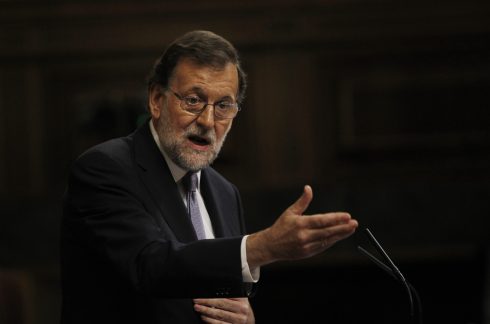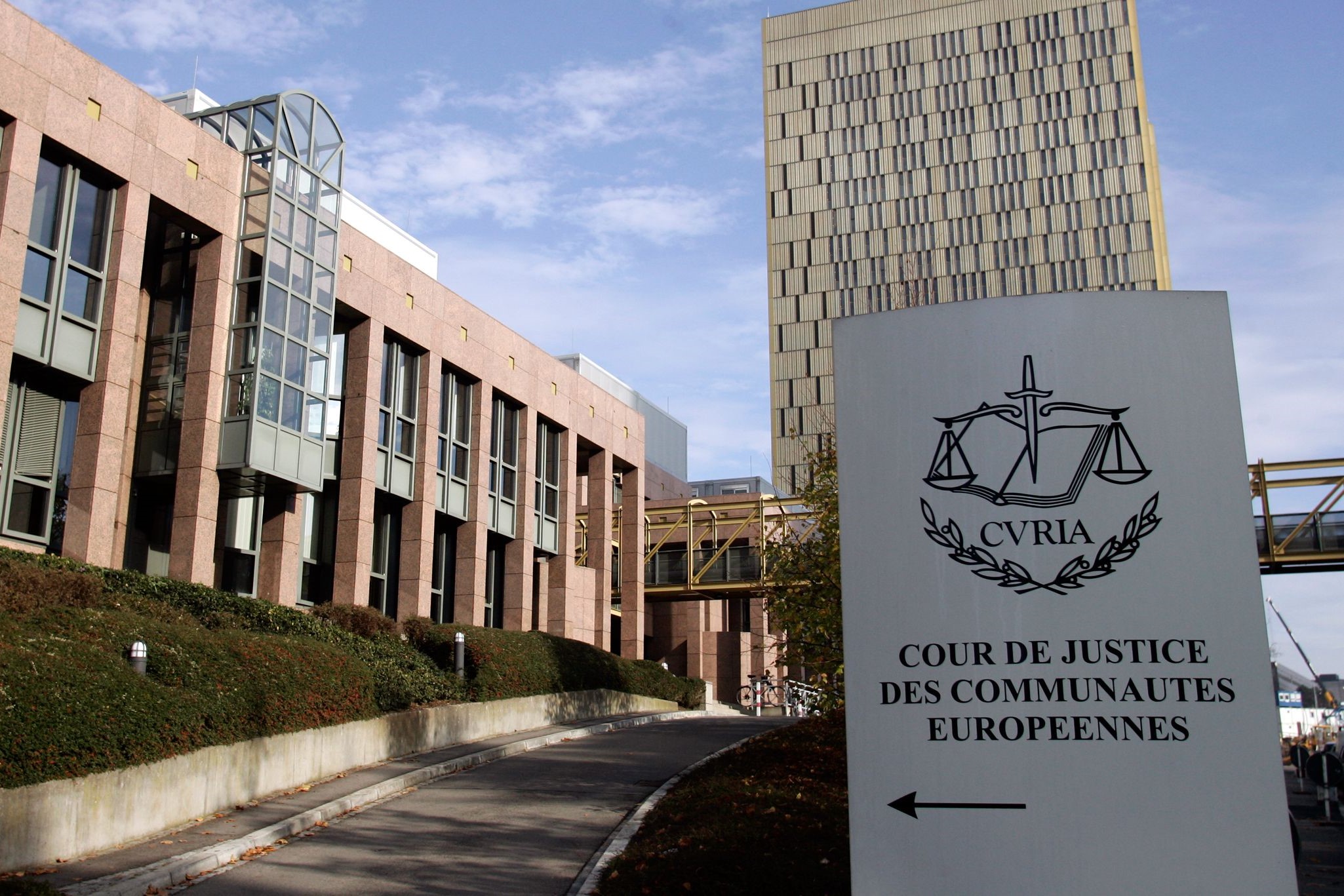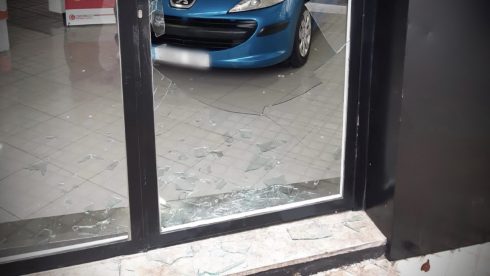EUROPE’S top court says Spain broke EU laws by imposing harsh penalties on Spanish residents who failed to declare property and bank accounts they held abroad.
The Thursday ruling saw the European Court of Justice(ECJ) in Luxembourg agree with the European Commission that the penalties for failing to properly disclose foreign assets on the so-called Modelo 720 were excessive and that the law was contrary to EU statutes and principles.
Spain’s Finance Minister, Maria Jesus Montero, said that Modelo 720 would be modified soon and pointed out it is still very much in force.

The law currently requires residents with €50,000 or more in foreign assets to make an annual declaration.
Around 60,000 people fill in the form annually.
The ECJ ruling is binding and if Spain ignores it, it faces the possibility of big fine.
The three ECJ judges ruled that the excessive sanctions for incorrect or belated compliance are ‘disproportionate and discriminatory’.
It added that the penalties may deter businesses and private individuals from investing or moving across borders in the Single Market.
The Commission formally referred the issue to the ECJ in June 2019, having launched infringement proceedings four years earlier following a string of complaints.
Talks with Spain over changing the law came to nothing leading to the start of the ECJ’s involvement almost three years ago.
Spanish governments of different political colours argued that severe penalties were needed to prevent tax fraud, and that the fines were not imposed automatically but instead given on a case-by-case basis.
The measure was introduced in 2012 by the Partido Popular government of Mariano Rajoy.

The aim was to capture tax dodgers who hid assets abroad.
Penalties for law-breakers could reach as much as 150% of their foreign assets.
A high-profile case featured a taxi driver who worked in Switzerland who retired to Granada.
He belatedly filled in his Modelo 720 and picked up a €442,000 fine on his €340,000 retirement savings pot.
The three judges ruled that Spain violated the EU’s free movement of goods by treating assets held abroad as ‘unjustified capital gains’ and taxing them accordingly if taxpayers filed their forms incorrectly or late.
“That obligation is likely to dissuade, prevent or limit the possibilities for residents of that Member State to invest in another Member State,” the court said in a statement.
READ MORE:
- Time to check if you have to declare your non-Spanish assets on Form 720
- Insider tips: How to save more money as an autonomo in Spain during 2022
Click here to read more Must Read News from The Olive Press.









Since when is Switzerland a ‘EU member state’?